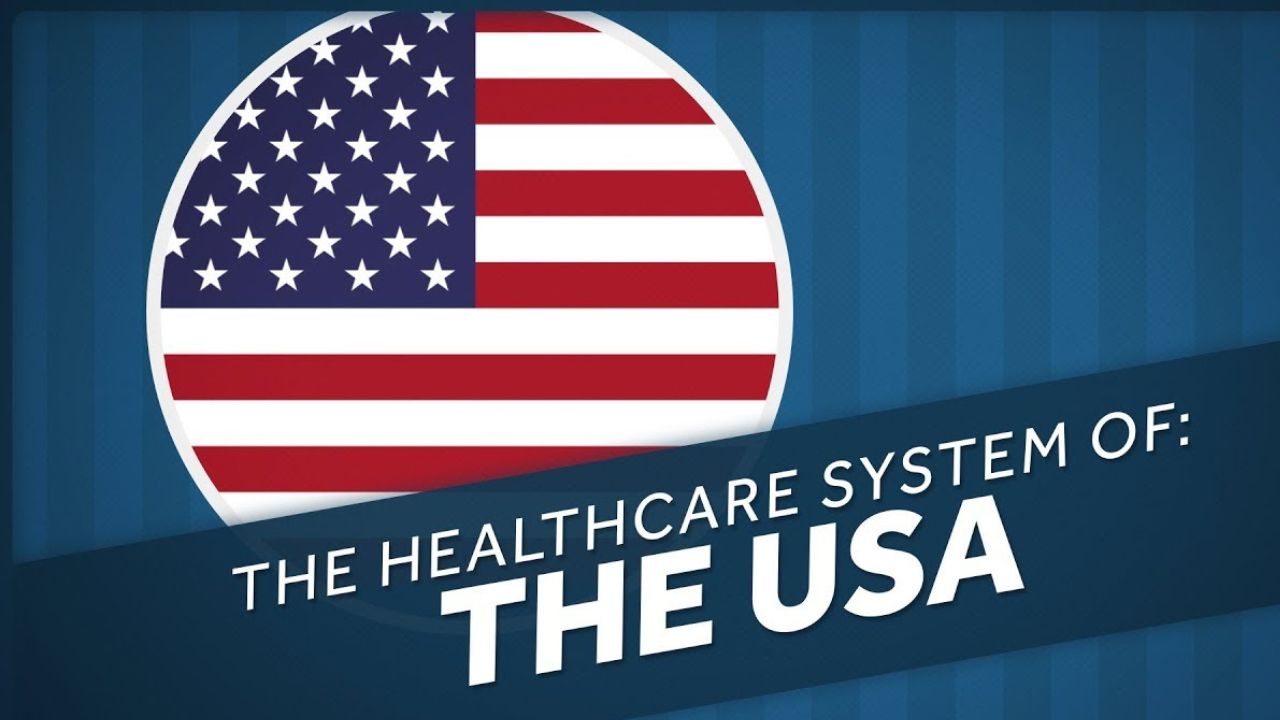Fitch Ratings Agency has issued a warning indicating that smaller healthcare providers and pharmacies utilizing services from UnitedHealth Group’s technology unit could experience adverse effects on their credit profiles following a recent cybersecurity incident.
The incident, which targeted Change Healthcare on Feb. 21, has sent ripple effects throughout the U.S. healthcare system, heavily reliant on insurance operations.
Impact Assessment and Concerns
Change Healthcare plays a crucial role, processing approximately 50% of medical claims in the United States for a vast network including 900,000 physicians, 33,000 pharmacies, 5,500 hospitals, and 600 laboratories.

Fitch, alongside Moody’s, has expressed concerns over potential credit impacts for various healthcare entities, including hospitals and physician facilities, due to disruptions stemming from the cyberattack.
In response to the cyber incident, the U.S. government has intervened, urging states to provide interim payments to healthcare providers retroactively to cover the period affected by claims payment disruptions.
The Centers for Medicare & Medicaid Services (CMS) have pledged to expedite payments for government-backed insurance plans to affected hospitals and encouraged advance funding for those most severely impacted.
Fitch’s Evaluation and Outlook
Fitch is actively evaluating the degree of impact on smaller pharmacies and healthcare providers’ cash flows, along with assessing the adequacy of available liquidity.

While credit implications could primarily affect smaller companies or those rated ‘CCC’ or low-to-mid ‘B’, entities in higher-rated categories are presumed to possess more financial flexibility to mitigate the effects of such disruptions.
Some healthcare providers have already reported anticipated financial repercussions from the cyber incident. Option Care Health, for instance, expects near-term financial impacts, including disruptions to cash flow and working capital due to claims processing issues.
Fitch underscores that companies in higher-rated categories typically exhibit greater financial resilience to overcome such disruptions.
The ability to absorb financial shocks and maintain operational continuity becomes crucial, especially amidst unforeseen events like cybersecurity breaches.
